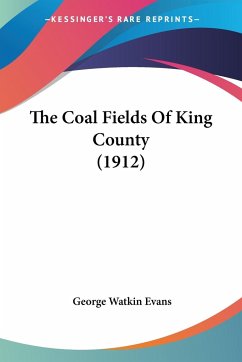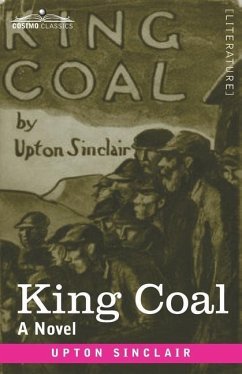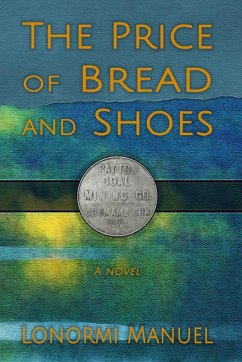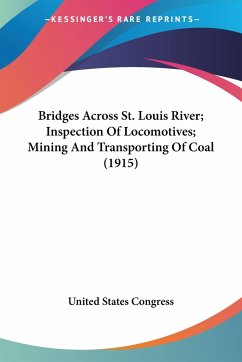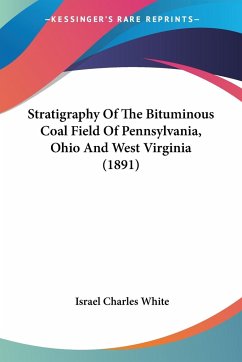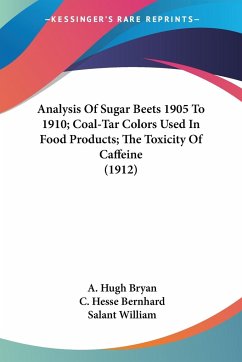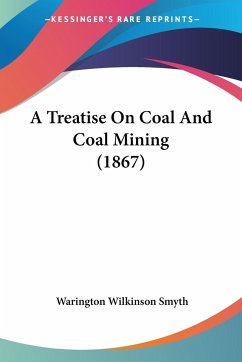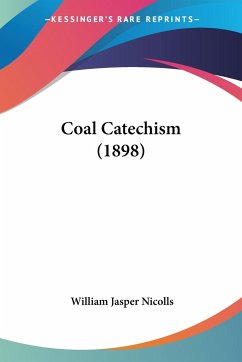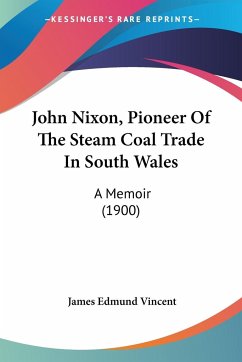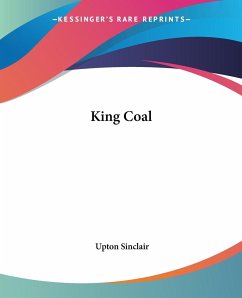
King Coal
Versandkostenfrei!
Versandfertig in 1-2 Wochen
32,99 €
inkl. MwSt.

PAYBACK Punkte
16 °P sammeln!
King Coal is a novel written by Upton Sinclair that was first published in 1917. The book is a powerful and gripping portrayal of the coal mining industry in the United States during the early 20th century. It tells the story of Hal Warner, a young man who leaves his comfortable life in the city to work in the coal mines of West Virginia.As Hal begins to work in the mines, he quickly learns about the harsh realities of life for the miners. He witnesses the dangerous working conditions, the long hours, and the low pay that the miners receive. He also sees the corruption and greed of the mining ...
King Coal is a novel written by Upton Sinclair that was first published in 1917. The book is a powerful and gripping portrayal of the coal mining industry in the United States during the early 20th century. It tells the story of Hal Warner, a young man who leaves his comfortable life in the city to work in the coal mines of West Virginia.As Hal begins to work in the mines, he quickly learns about the harsh realities of life for the miners. He witnesses the dangerous working conditions, the long hours, and the low pay that the miners receive. He also sees the corruption and greed of the mining companies, who exploit the workers for their own gain.As Hal becomes more involved in the labor movement, he becomes a leader in the fight for better working conditions and fair wages. He joins forces with other miners and labor organizers to form a union and fight against the powerful coal companies.Throughout the novel, Sinclair exposes the injustices of the coal mining industry and the struggles of the workers who are caught in its grip. He also explores themes of power, corruption, and the struggle for social justice.King Coal is a powerful and important work of literature that sheds light on a dark chapter in American history. It is a must-read for anyone interested in the history of the labor movement and the fight for workers' rights.Hal stood looking at the cheering crowd. He had time to note some of the faces upturned to him. Pitiful, toil-worn faces they were, each making its separate appeal, telling its individual story of deprivation and defeat. Once more they were transfigured, shining with that wonderful new light which he had seen for the first time the previous evening. It had been crushed for a moment, but it flamed up again; it would never die in the hearts of men--once they had learned the power it gave. Nothing Hal had yet seen moved him so much as this new birth of enthusiasm. A beautiful, a terrible thing it was!This scarce antiquarian book is a facsimile reprint of the old original and may contain some imperfections such as library marks and notations. Because we believe this work is culturally important, we have made it available as part of our commitment for protecting, preserving, and promoting the world's literature in affordable, high quality, modern editions, that are true to their original work.



